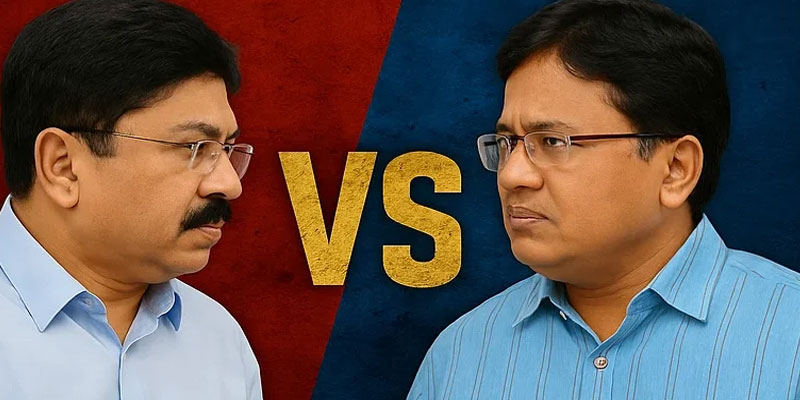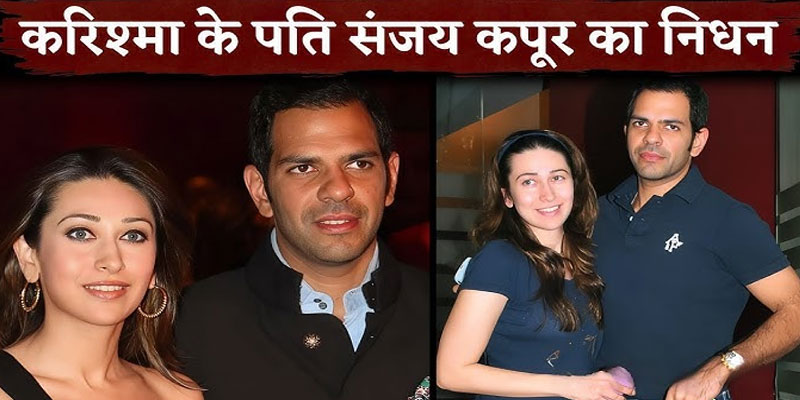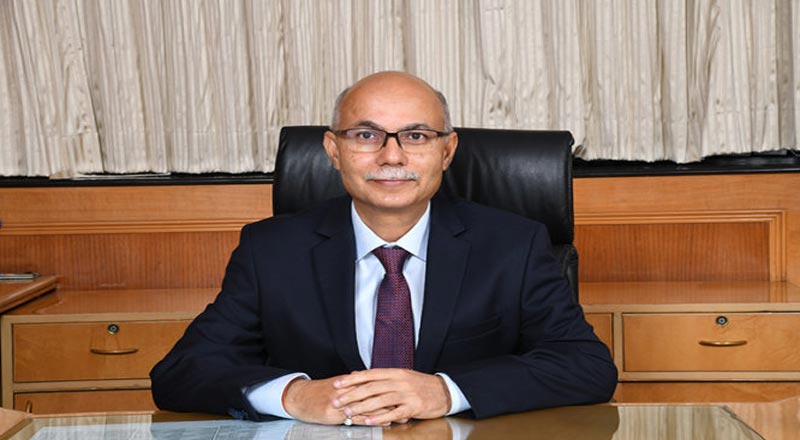A Harrowing Allegation Amid India's Aviation Sector
In a shocking revelation that has cast a shadow over India's largest airline, a 35-year-old Scheduled Caste trainee pilot has accused three senior IndiGo employees of caste-based verbal abuse and professional harassment. The incident, which allegedly took place on April 28, 2025, at the airline’s corporate office in Gurugram, has led to the registration of a First Information Report (FIR) under the Scheduled Castes and Scheduled Tribes (Prevention of Atrocities) Act and sections of the Bharatiya Nyaya Sanhita (BNS) 2023. The complaint underscores the systemic challenges faced by marginalised communities in elite professional spaces and is likely to spark broader conversations on workplace discrimination in India.
Details of the Incident: Caste Slurs and Public Humiliation
The complainant, Sharan A, a member of the Adi Dravida community, alleges that he was summoned to a meeting with three senior colleagues—Tapas Dey, Manish Sahani, and Captain Rahul Patil—at IndiGo’s Gurugram office. According to the FIR, Sharan was first asked in a “derogatory and humiliating manner” to leave his phone and bag outside the meeting room. During the session, the accused allegedly hurled caste-based insults at him, including telling him to "go stitch slippers"—a slur that directly targets Dalit identity and heritage.
Sharan claims the abuse was not only personal but calculated to denigrate his social identity in a professional setting. “These were not random taunts,” he told investigators. “They were meant to make me feel small because of my caste, in front of colleagues.”
Beyond the Meeting: A Pattern of Discrimination
Sharan's allegations extend beyond the April incident. He detailed a sustained pattern of workplace harassment that includes unjustified corrective training, arbitrary pay cuts, revocation of travel privileges, and a warning letter issued without substantiation. He claims these actions were intended to mentally pressure him into resigning, adding that his repeated complaints to IndiGo's CEO and Ethics Committee went unanswered.
“I was driven to the edge. I gave them time to apologise and settle the matter internally, but there was no accountability,” he said.
Legal Proceedings: FIR Transferred, Charges Laid
Initially filed as a Zero FIR in Bengaluru’s Sampigehalli police station on May 21, the complaint was later transferred to Gurugram's DLF Phase-1 police station, the jurisdiction where the incident occurred. The FIR invokes serious charges under the SC/ST (PoA) Act, including:
· Section 3(1)(r): Intentional insult with intent to humiliate a Scheduled Caste member
· Section 3(1)(s): Caste-based verbal abuse
· Section 3(5): Criminal conspiracy
· Section 351(2): Criminal intimidation under BNS
· Section 352: Intentional insult likely to provoke breach of peace
Police have confirmed that all three accused will be summoned for questioning on June 24, 2025. "A detailed investigation is underway, and all legal provisions will be followed," a police spokesperson said.
IndiGo’s Response: Denial and Corporate Safeguards
IndiGo, India’s largest domestic carrier by market share, has issued a public statement denying the allegations. “IndiGo upholds a zero-tolerance policy towards any form of discrimination, harassment, or bias and remains firmly committed to being an inclusive and respectful workplace,” the airline said through its spokesperson, Rashmi Soni. “We strongly refute these baseless claims and will cooperate fully with law enforcement agencies.”
The accused have not issued personal statements, instead deferring all questions to the company’s corporate communication team.
A Call for Accountability and Cultural Shift
The incident, now under legal scrutiny, has ignited concern about caste-based discrimination in modern corporate India, especially within elite industries like aviation. While IndiGo's official stance asserts a commitment to inclusivity, the case has highlighted potential gaps between policy and practice.
If proven, the incident could set a legal precedent and amplify calls for greater representation and protection of marginalised communities in professional spaces. For now, all eyes are on the ongoing investigation and how India’s justice system will respond to this troubling case of alleged institutional discrimination.
(With agency inputs)






















